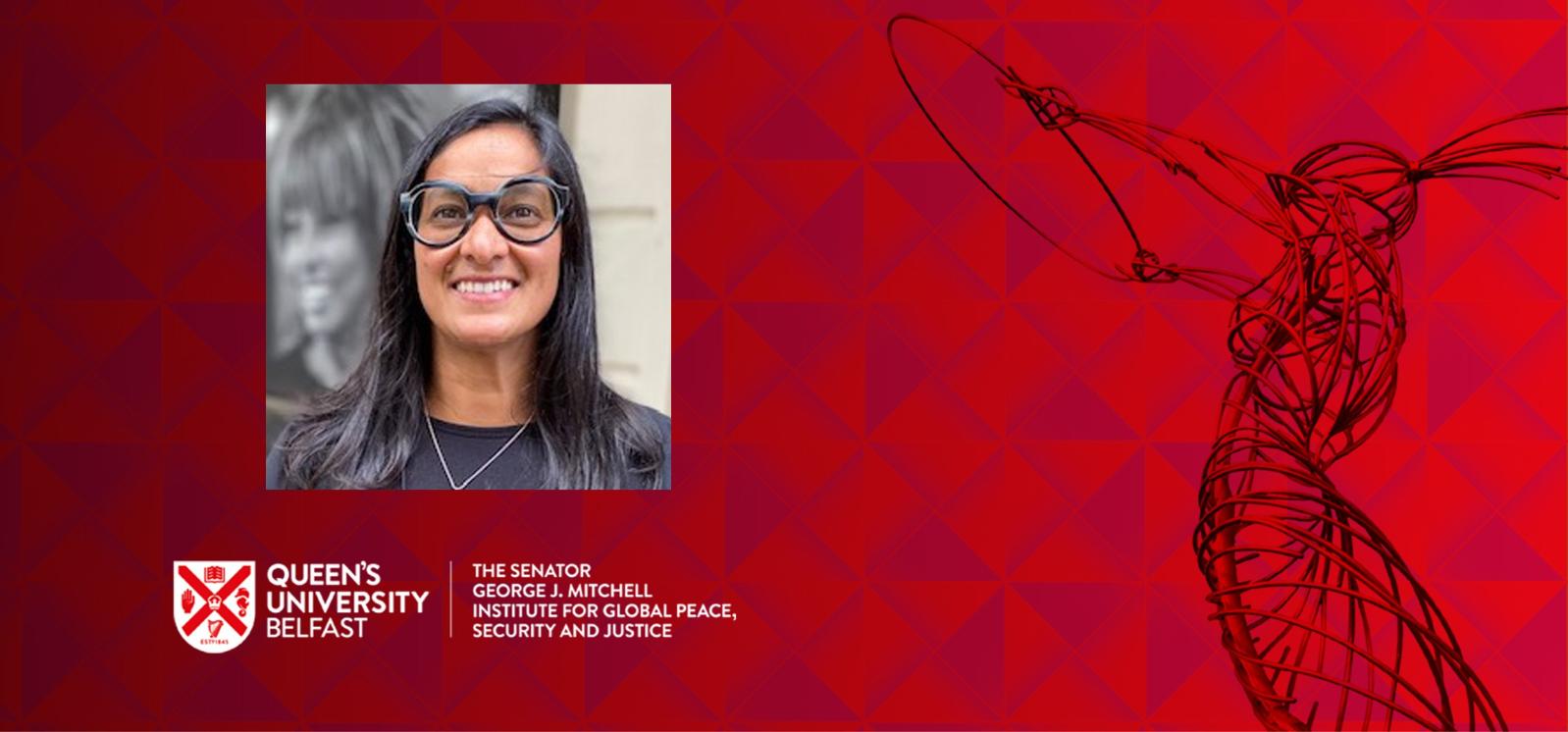The Cartography of Peace: Security Zones, Colour Codes & Everyday Life Research Meeting in Australia
Professor Marsha Henry

Professor Marsha Henry, Secretary Hillary Rodham Clinton Chair in Women, Peace, Security and Justice at the Mitchell Institute, recently visited the Australian National University (ANU) in Canberra to meet with research collaborators on the project The Cartography of Peace: Security Zones, Colour Codes and Everyday Life.
This project investigates the impacts of security mapping and the use of specific color-codes by United Nations peacekeeping operations when assessing risks.
For the first time, the researchers will trace the origins of United Nations security mapping practices and compare key case studies:
- Afghanistan (green zone)
- Somalia (white zone)
- South Sudan
- Kenya (blue zones)
- and Haiti (red and yellow zones).
Expected outcomes include better understanding of how policy-makers assess risks on the ground, how security maps are drafted and modified across time, as well as an understanding of the meanings given to specific color-codes. The findings expect to benefit Australian and other policy makers seeking to design better security interventions.
Hosted by the project lead, Professor Nicolas Lemay-Hébert (ANU), the three day event in late April/ early May, brought together co-investigators Professor Marsha Henry (QUB) and Professor Jonathan Fisher (University of Birmingham) as well as Dr Ari Jerrems (University of Western Australia) and Dr Florian Wiegand (Centre on Armed Groups) to work on the drafting of a book on UN spaces, zoning practices and colour coding systems.
The main findings explored in the book will include the symbolic and material effects of colour-coding systems on local populations and international humanitarian, aid workers and military peacekeepers.
Find out more about the project here.
Professor Marsha Henry
Marsha is the Secretary Hillary Rodham Clinton Chair in Women, Peace, Security and Justice at the Mitchell Institute.
Professor Henry's research focuses on gender, peace, and security; gender and militarisation; gender and development; and intersectional feminist methodologies. She has published in a range of leading journals including Security Dialogue; Qualitative Research; Conflict, Security and Development and Globalizations. Over the past 20 years, her research has concentrated on documenting the social experiences of living and working in peacekeeping missions. Her book on this ethnographic-inspired research, The End of Peacekeeping: Gender, Race, and the Martial Politics of Intervention, University of Pennsylvania Press is published in April 2024.
